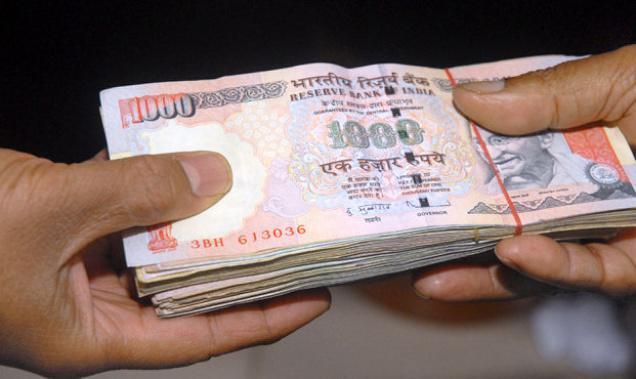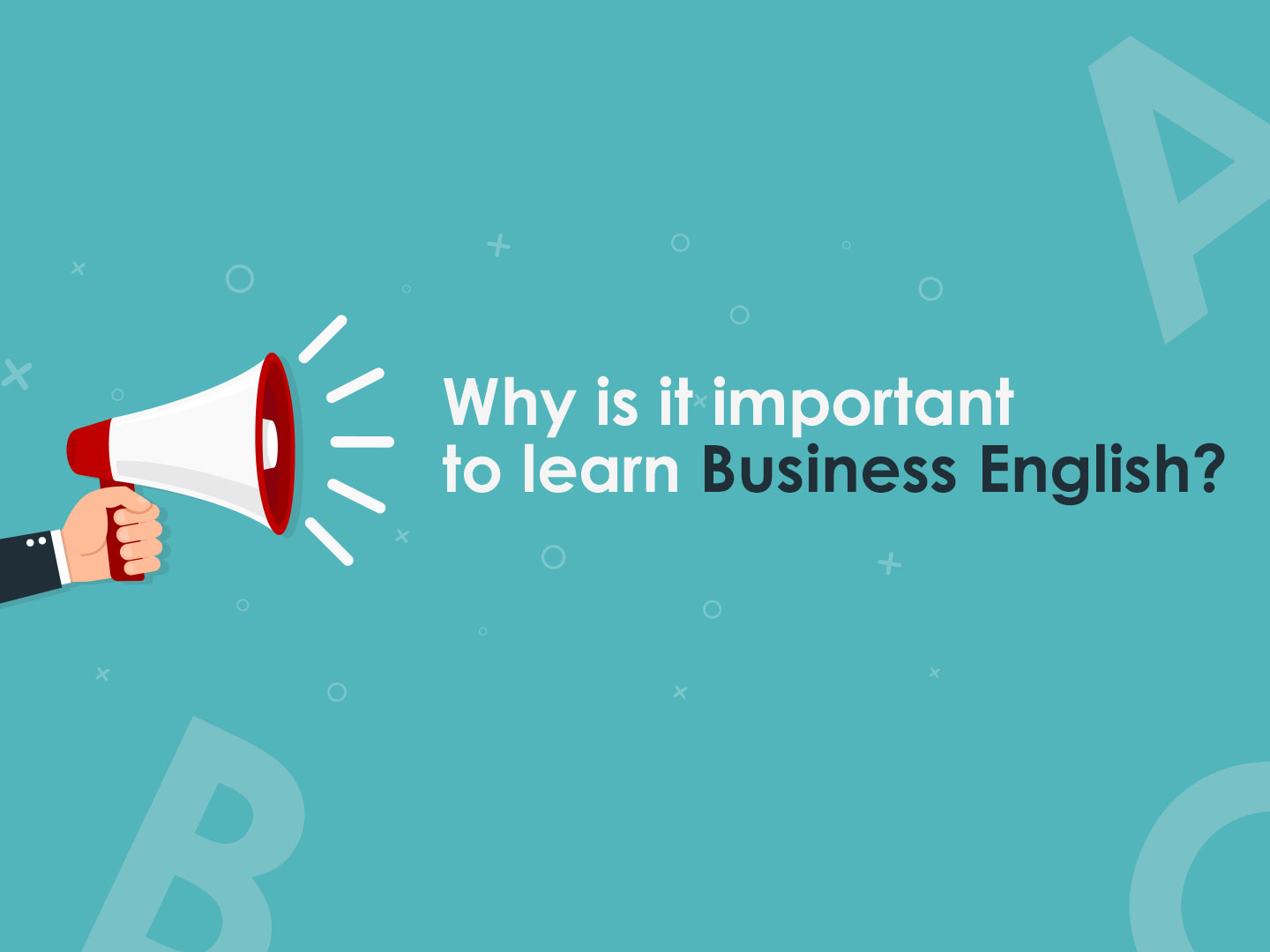Search
#CMCFacilitators
June 29, 2017
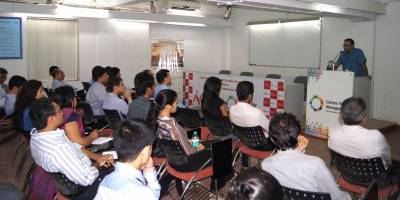
Our professor, Javed Sajawal throws light on his experience of being a part of the critical thinking workshop held at the campus as we turned two.
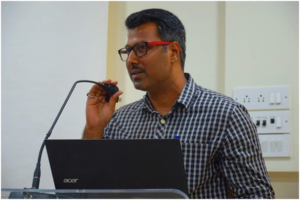
Celebrating an occasion is great way to catch up and watch the room abuzz with the cacophony of voices spinning their stories. Some are expressing, some are conversing and some are ‘thinking.’ We, at TSCMC are always up to doing things differently and adding our own style to it. Even though birthday preps were taking place on the campus, we didn’t let go of the opportunity to learn ‘today.’ Our Campus Head, Prof. Harsh Desai, sealed the deal for us through a brilliant interactive session on critical thinking with Mr Chintan Girish Modi, who is the founder of Friendship Across Borders, educator, writer and much more.

Here’s my experience of being a part of this workshop, which deepened my understanding of critical thinking by bringing a different perspective to it.
To begin, what is ‘Critical Thinking’…?
My understanding of the word critical comes from the term used in melodramatic Bollywood movies when the doctor tells the family member that the patient is “Critical” and needs an mmediate operation or surgery and just walks away. The camera moves in on the family or the lead and he/she may opt for the life of crime as they make a deal with the devil (in this case the villain or someone ranked below the villain). The word “Thinking” comes from think which is derived from what we are supposed to do when we are foolish or think twice when we are really foolish, and someone, preferably not a family member, shouts on us “Think”.
One morning almost a year back I was introduced to the concepts of Critical Thinking by an email from the Boss who had shared a link to a number of videos (Not XXX! As if my boss or bosses would send links to XXX, how weird would that be?!) Anyway, the list of videos were about Critical Thinking, explaining different ‘Biases’ and ‘Fallacies’. The ones that stuck with me were the ‘Straw Man Fallacy’ and ‘The Pricing Fallacy.’ During the session arranged recently at the institute, I thought it would be a rework or revisit to the data I learnt from the videos. But this session was something different, it helped me realize the identification of these biases on the basis of ‘personality identification.’
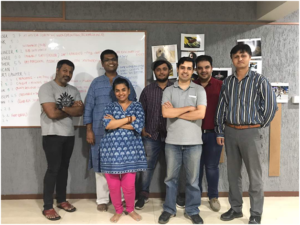
The session was intended to build camaraderie amongst the teachers present for the workshop and bring us on a common ground, understanding certain aspects and nature of our students, and more importantly find remedies for certain problem we may have faced earlier in class. Chintan introduced himself and asked us to introduce by telling our names and something about us which the others don’t know about. That was fun and a good icebreaker to begin the session.
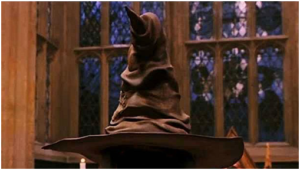
Later, Chintan asked us to wear our thinking hats as he wrote the characteristics of few people on the board (e.g. A wheelchair bound person, HIV patient, Israeli woman, Kashmiri Muslim, BJP worker etc.) The hypothetical scenario given to us was that the world is coming to an end and we are bound on an interstellar journey to another planet. We have to select any 7 survivors out of the list given to us, before we leave Earth. I made my selection and so did the others. Once done we revealed our selections and discussed our choices, round one came to an end. In the next round certain characteristics were added (for e.g The Wheelchair bound person is a neurosurgeon, HIV Patient is a Doctor etc.) Now we were asked to retain to our decisions or make changes. These changes were then discussed further. This brought the second round to a close. The next round added more information to the selections (For e.g the wheelchair bound person is a neurosurgeon accused of cheating on their taxes etc.) Once more we were asked to shuffle our choices or go ahead with the ones we had already made. This is where things began to get interesting.
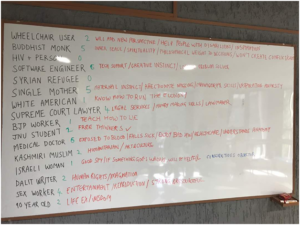
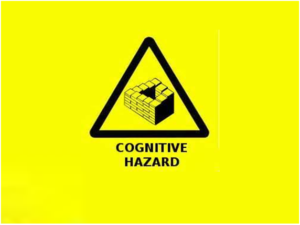
As this process of changing or retaining our choices kept proceeding, I discovered that the choices were made on the basis of our understanding of a person’s skillset. [Buddhist Monk (spirituality), Single Mother (personal association with motherhood), Israeli Woman (conscientious lair, a person who objects for good reason) Kashmiri Muslim (strong, rebellious) Sex worker (pleasure)]. Every choice had certain affiliation in our minds based on our previous recollections or interactions with them.
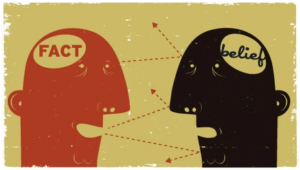
But the important piece to learn from the session was when Chintan kept telling us “so you are assuming it’s a he or so you keep assuming it’s a she?”. To discover certain features attributed to our gender and the pre-conceived notions which we make during our affiliations towards men/women. Everyone presented their argument and opinions.

I was asked as to how would I incorporate this exercise in the future for my Film Appreciation Studies class. I responded by giving an example of the movies of a German film maker Fritz Lang (works like Metropolis, M, Dr. Mabuse, Fury, The Big Heat etc.) who for my learning instilled the way in which the antagonist or the negative character is constructed, the attributes are designed; which later helps in constructing the plot line and the story. The character always tells the story but their characteristics define the situation and the notions of the story. If I have to connect the Mabusian concept from the Fritz Lang movies, they served for the perfect shades in designing the character of the Joker in Christopher Nolan’s The Dark Knight. “Some people just want to watch the world burn”.

To conclude this session help me get back to my beginnings as ‘cinemaniac’ of movies and all the aspects that build the storytelling process and added a new method to my ‘Thinking.’
